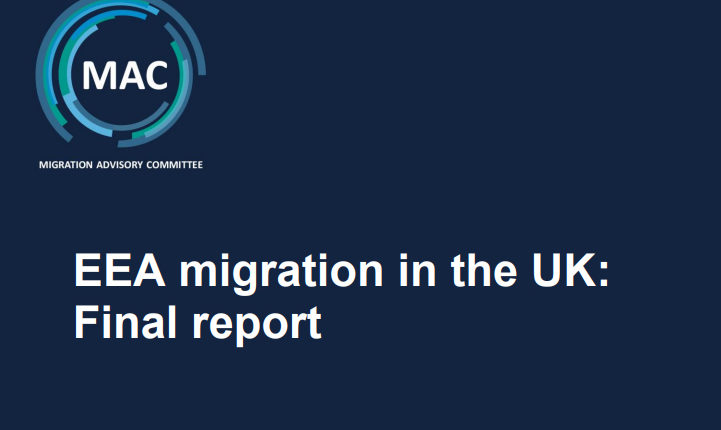Report exposes social care reliance on migrant workforce
[ad_1]
Social care will continue to be reliant on migrant workers until the sector becomes more attractive to UK workers, a report has highlighted.
The Migration Advisory Committee (MAC) study says higher wages, enabled through a more sustainable funding solution, are crucial to attracting more UK workers to the sector.
While acknowledging the contribution of migrant workers, the report warns that making it easier to hire overseas workers would not necessarily make it easier to retain them as they too could be attracted to higher wage jobs.

Advertisement
The report said: “Migrants, particularly non-EEA but increasingly those from the EU, contribute significantly to the social care workforce. Social care wages are low, which makes this an unattractive industry for UK-born workers to work in leading to a dependence on migrants who may have few better work opportunities.”
The study says the EEA share of the social care workforce rose from 1.2% in 1997 to 5.9% in 2017. Non-EEA workers make up the largest share of workers outside the UK and Ireland at 12% in 2017 but those coming from EU new member states grew from 0.5% in 2004 to 3.7% in 2016.
Skills for Care figures show that vacancies for care workers grew from 7.1% in 2012/13 to 7.7% in 2016/17.
Mike Padgham, chair of the Independent Care Group, said: “At the end of the day, we have a shortage of care staff in this country and we have to resolve that. The sector relies upon overseas workers, especially those coming to work from other EU countries.
“We know there is a huge explosion in the number of people needing care ahead of us and it is hard to see how we would operate if the number of carers from overseas was reduced.
“At the same time, the harsh reality facing care providers is not how are we going to manage in 20 years’ time but how we are going to staff our shifts tonight, tomorrow and next week.
“This is easy to resolve: start to recognize social care workers as skilled – which they are – and accept that we need to recruit more from overseas.”
[ad_2]
Source link

